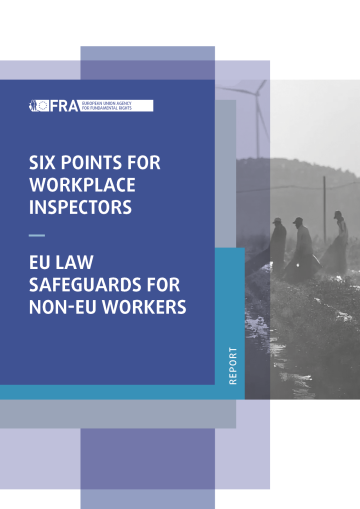Artikel 4 i protokol nr. 7 til EMK har følgende affattelse:
»1. Under én og samme stats jurisdiktion skal ingen i en straffesag på ny kunne stilles for en domstol eller dømmes for en lovovertrædelse, for hvilken han allerede er blevet endeligt frikendt eller domfældt i overensstemmelse med denne stats lovgivning og strafferetspleje.
2. Bestemmelserne i foregående stykke forhindrer ikke genoptagelse af sagen i overensstemmelse med vedkommende stats lovgivning og strafferetspleje, såfremt der foreligger bevis for nye eller nyopdagede kendsgerninger, eller såfremt der i den tidligere rettergang er begået en grundlæggende fejl, som kunne påvirke sagens udfald.
3. Der kan ikke ske fravigelse fra denne artikel i medfør af artikel 15 i konventionen.«
Non bis in idem-reglen gælder i EU-retten (jf. en omfattende retspraksis, f.eks. dom afsagt den 5. maj 1966 i de, forenede sager 18/65 og 35/65, Gutmann mod Kommissionen Sml. dansk specialudgave s. 175, og en aktuel dom afsagt af Retten den 20. april 1999 i de forenede sager T-305/94 m.fl., Limburgse Vinyl Maatschappij NV m.fl. mod Kommissionen, Sml. II, s. 931). Det præciseres, at reglen om ikke-kumulation gælder to sanktioner af samme art, i dette tilfælde strafferetlige sanktioner.
I henhold til artikel 50 gælder non bis in idem-reglen ikke kun inden for en medlemsstats retsområde, men også mellem flere medlemsstater. Dette svarer til gældende EU-ret, se artikel 54-58 i Schengengennemførelseskonventionen og Domstolens dom af 11. februar 2003, sag C-187/01, Gözütok (Sml. I, s. 1345), artikel 7 i konventionen om beskyttelse af Fællesskabets finansielle interesser og artikel 10 i konventionen om bekæmpelse af bestikkelse. De meget begrænsede undtagelser i disse konventioner, hvorefter medlemsstaterne kan fravige non bis in idem-reglen, er omfattet af den horisontale bestemmelse i chartrets artikel 52, stk. 1, om begrænsninger. For så vidt angår de situationer, der er omhandlet i artikel 4 i nævnte protokol nr. 7, dvs. anvendelsen af princippet inden for én og samme stat, har den rettighed, der sikres, samme betydning og omfang, som den tilsvarende ret i EMK.







